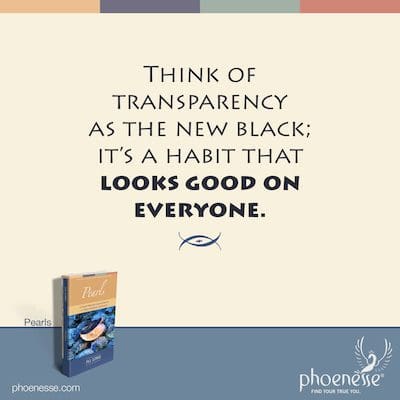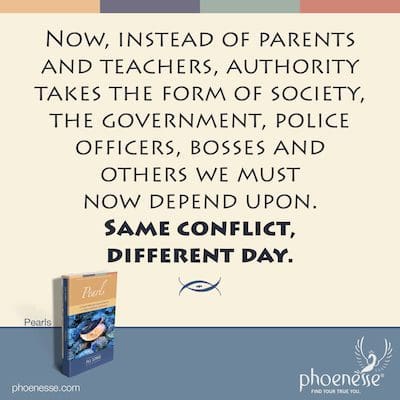Show Notes
We all have needs: real, legitimate, have-a-right-to-have-them needs. One of these needs is for closeness. Another need is to have privacy. It’s not hard to imagine that these two can be tricky to weave together...
So where does secrecy come in? Take apart any secrets and we’ll find the wish to hide something that we think will be unpalatable to someone… We may rationalize our secrets by saying, “If I reveal myself, I won’t be understood,” or “People will criticize me unfairly”… But when we’re standing in truth—or attempting to get to the bottom of it—we’ll make an effort to help others understand…
What’s happening when we keep secrets is that we fear we’re not in truth. Better yet, we often know we’re not but we have no intention of changing. So then we’re really being dishonest… We also sort of like the way it keeps things lopsided. We don’t have to work at finding equitable, honest solutions. That’s how secrets destroy relationships. And that’s why secretive people are never emotionally fulfilled…
Listen and learn more.
Read Pearls, Chapter 1: Privacy vs. Secrecy: A Boost or Bust for Finding Closeness





